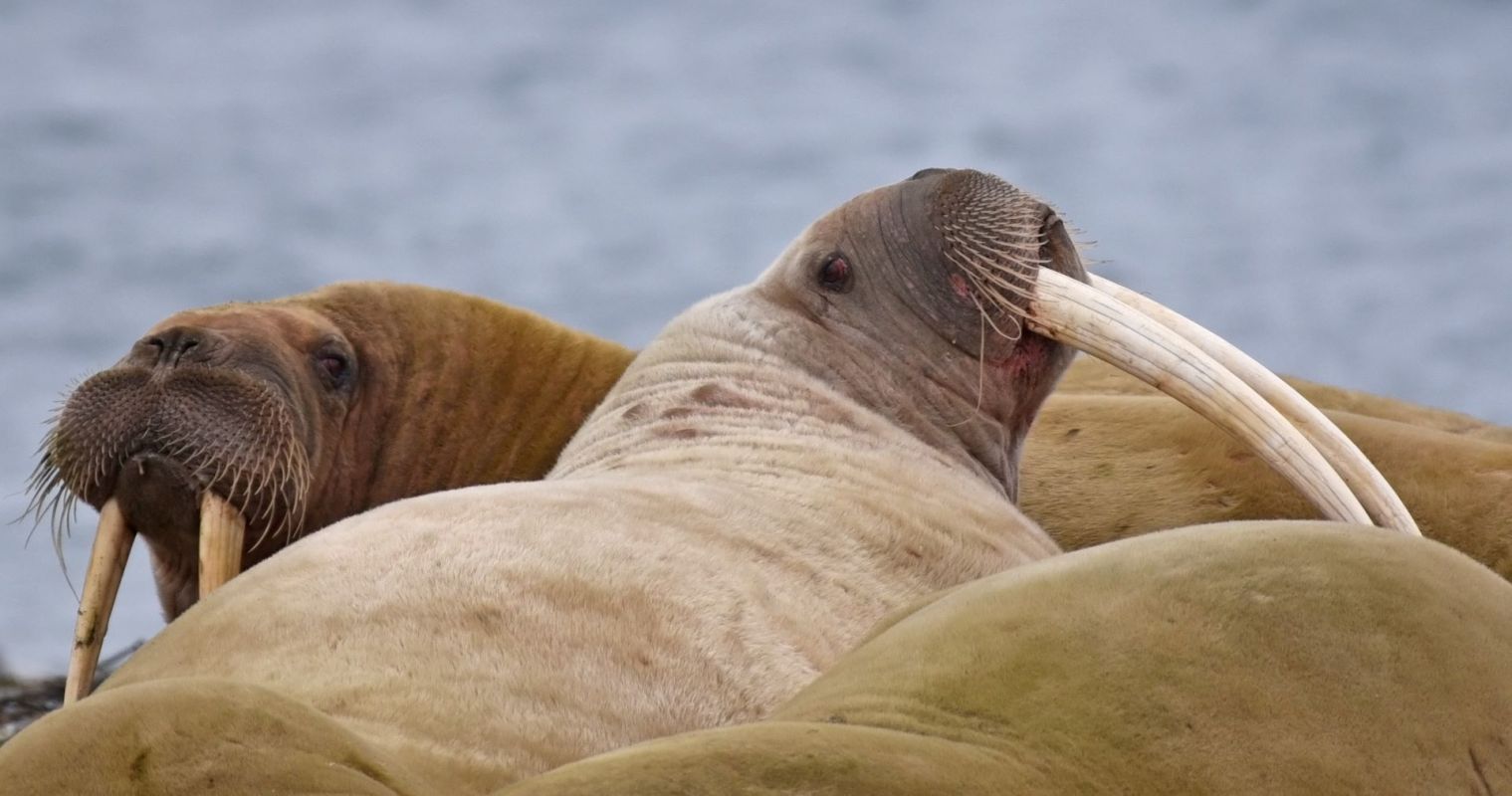The U.K. just took a strong stance against the wildlife trade by expanding the Ivory Act of 2018, which banned the trade of elephant ivory but did not protect other ivory-bearing species like hippos and walruses.
Now, the ban will extend to five more animals: hippopotamuses, orcas, narwhals, sperm whales, and walruses. With the updated law, anyone importing, exporting, or dealing ivory from one of these species could receive unlimited fines or be jailed for five years.
Ivory is used to make trinkets, musical instruments, and jewelry and has traditionally been an ingredient in some Chinese medicine. It can be found on the teeth of animals like elephants, hippos, and walruses.
According to the World Wildlife Fund, at least 20,000 African elephants are slaughtered each year for their tusks. The hippopotamus is considered the second most at-risk species.
But poaching isn't the only threat to wildlife. Many scientists have stated that we are entering a "sixth mass extinction" as we continue to wipe out more and more animals from the planet, mostly due to habitat destruction and climate change.
A recent study that analyzed more than 71,000 species around the globe found that 48% are declining in population.
Frances Goodrum, head of campaigns and programs at the International Fund for Animal Welfare (IFAW) U.K., applauded the move to expand the ivory act, telling the BBC, "Today is a good day for conservation and a step change towards international commitments to safeguard our natural world."
"This is an important step towards ending the demand for, and trade in, all ivory products," Frankie Osuch, policy support officer for the U.K.-based non-profit Born Free, said in a statement on the organization's website. "The teeth and tusks of wild animals should not be simply treated as commodities, and it is essential for legislation to reflect that."
Join our free newsletter for cool news and cool tips that make it easy to help yourself while helping the planet.









